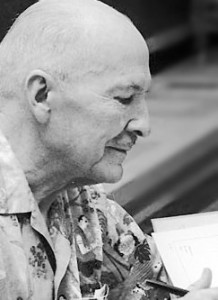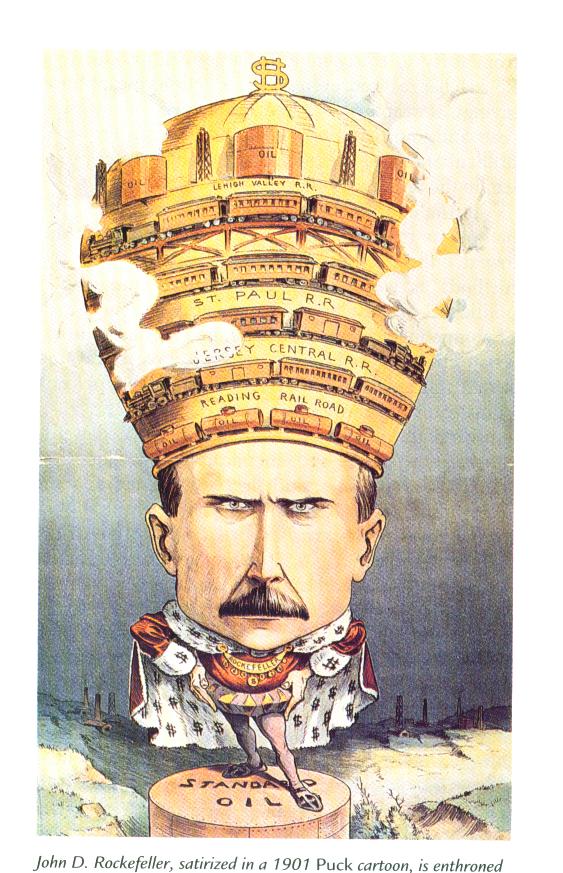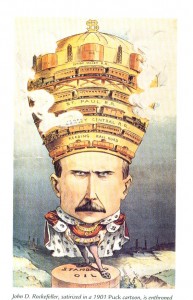Robert A. Heinlein In Perspective
I finished reading William H. Patterson's large new biography of Robert A. Heinlein yesterday. I knew I wanted to write something about it, but I gave it a day to simmer. Frankly, I'm still not sure what to say other than I was positively impressed.
Basically, Patterson achieved the remarkable goal of demythologizing the man without gutting him.
I've read any number of biographies of famous (and infamous) personalities which tended either to be hagiographic (and therefore virtually useless as any kind of
 honest reference) or a brutal airing of personal failings in some sort of attempt to drag the subject down to "our level" and resulting in a catalogue of reasons to think ill of the person under study. (This is one reason I tend to urge people that if they like an artist's work, read it all if possible, see it all, listen to it all before finding out about them as human beings. Too often the person, depending on the book, spoils the work for many.)
Patterson has done something useful for aspiring science fiction writers. (Hell, for any kind of writer as far as that goes.) Heinlein's reputation casts a long, dark shadow across the field. He is one of the pantheon of timeless Greats and in many ways the most intimidating of the lot. It is, I think, useful to know that he had just as much trouble getting started---and staying started---as any other decent writer. (Harlan Ellison has observed that the hard part is not becoming a writer but staying a writer, that anyone basically can get lucky at the beginning, but over time the work simply has to stand up for itself.)
The legend has been repeated ad nauseum, how Heinlein saw an ad for a short story contest, wrote a story, then decided to send it to Astounding instead of the contest because Campbell paid better, and it sold. That story was Life Line. From there, up was the only direction Heinlein went.
The reality is much more as one might expect. True, he sold that first story to Campbell and sold more, but not without rejections getting in there and Campbell making him rewrite some of the pieces and not without a lot of wrestling with reputation and deadlines. Writing is hard damn work and this book shows what Heinlein had to go through. Yes, he was better than most, but he wasn't teflon. And he had to learn, just like any of us.
Reading about time spent living in a four-by-seven foot trailer on $4.00 a day while he sweated a new story makes him suddenly very human.
But also very admirable.
The other problem with Heinlein is that he did codifying work. There were time travel stories, generation ship stories, alien invasion stories, and so on and so forth before him, but he wrote a number of stores---all lengths---that more or less set the standard for how those stories should be done. He wrote "defining" stories, and for a long time people gauged their work and the work of others by that gold standard.
One gets tired of having such a bar hanging over one's head all the time and naturally a reaction emerged over time that was as nasty as it was inevitable, casting Heinlein as the writer to work in opposition to.
By the time I discovered Heinlein, during my own golden age at 11, 12, and 13, he was already being touted as "the Dean of Space Age fiction."
[More . . . ]
honest reference) or a brutal airing of personal failings in some sort of attempt to drag the subject down to "our level" and resulting in a catalogue of reasons to think ill of the person under study. (This is one reason I tend to urge people that if they like an artist's work, read it all if possible, see it all, listen to it all before finding out about them as human beings. Too often the person, depending on the book, spoils the work for many.)
Patterson has done something useful for aspiring science fiction writers. (Hell, for any kind of writer as far as that goes.) Heinlein's reputation casts a long, dark shadow across the field. He is one of the pantheon of timeless Greats and in many ways the most intimidating of the lot. It is, I think, useful to know that he had just as much trouble getting started---and staying started---as any other decent writer. (Harlan Ellison has observed that the hard part is not becoming a writer but staying a writer, that anyone basically can get lucky at the beginning, but over time the work simply has to stand up for itself.)
The legend has been repeated ad nauseum, how Heinlein saw an ad for a short story contest, wrote a story, then decided to send it to Astounding instead of the contest because Campbell paid better, and it sold. That story was Life Line. From there, up was the only direction Heinlein went.
The reality is much more as one might expect. True, he sold that first story to Campbell and sold more, but not without rejections getting in there and Campbell making him rewrite some of the pieces and not without a lot of wrestling with reputation and deadlines. Writing is hard damn work and this book shows what Heinlein had to go through. Yes, he was better than most, but he wasn't teflon. And he had to learn, just like any of us.
Reading about time spent living in a four-by-seven foot trailer on $4.00 a day while he sweated a new story makes him suddenly very human.
But also very admirable.
The other problem with Heinlein is that he did codifying work. There were time travel stories, generation ship stories, alien invasion stories, and so on and so forth before him, but he wrote a number of stores---all lengths---that more or less set the standard for how those stories should be done. He wrote "defining" stories, and for a long time people gauged their work and the work of others by that gold standard.
One gets tired of having such a bar hanging over one's head all the time and naturally a reaction emerged over time that was as nasty as it was inevitable, casting Heinlein as the writer to work in opposition to.
By the time I discovered Heinlein, during my own golden age at 11, 12, and 13, he was already being touted as "the Dean of Space Age fiction."
[More . . . ]


